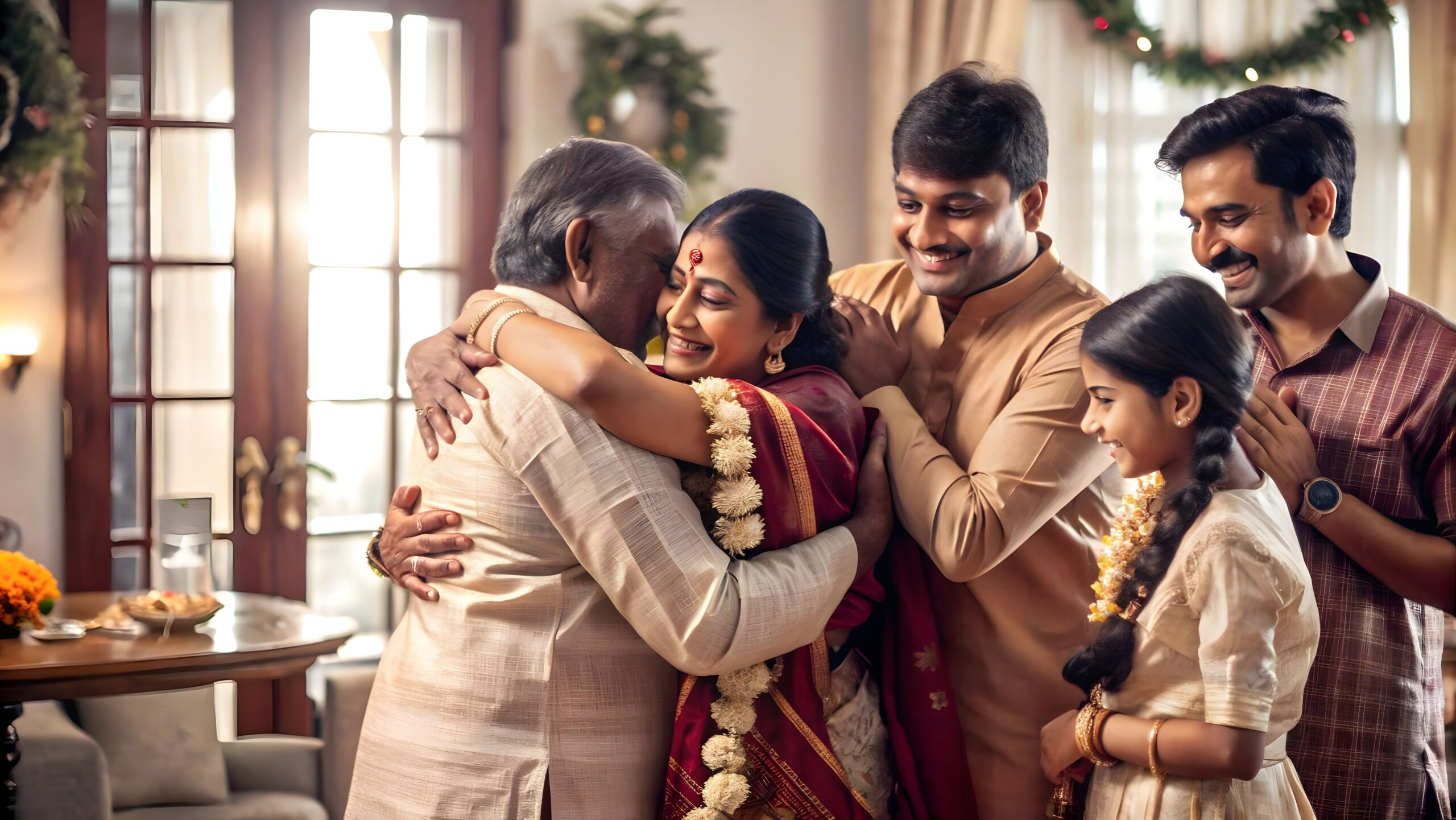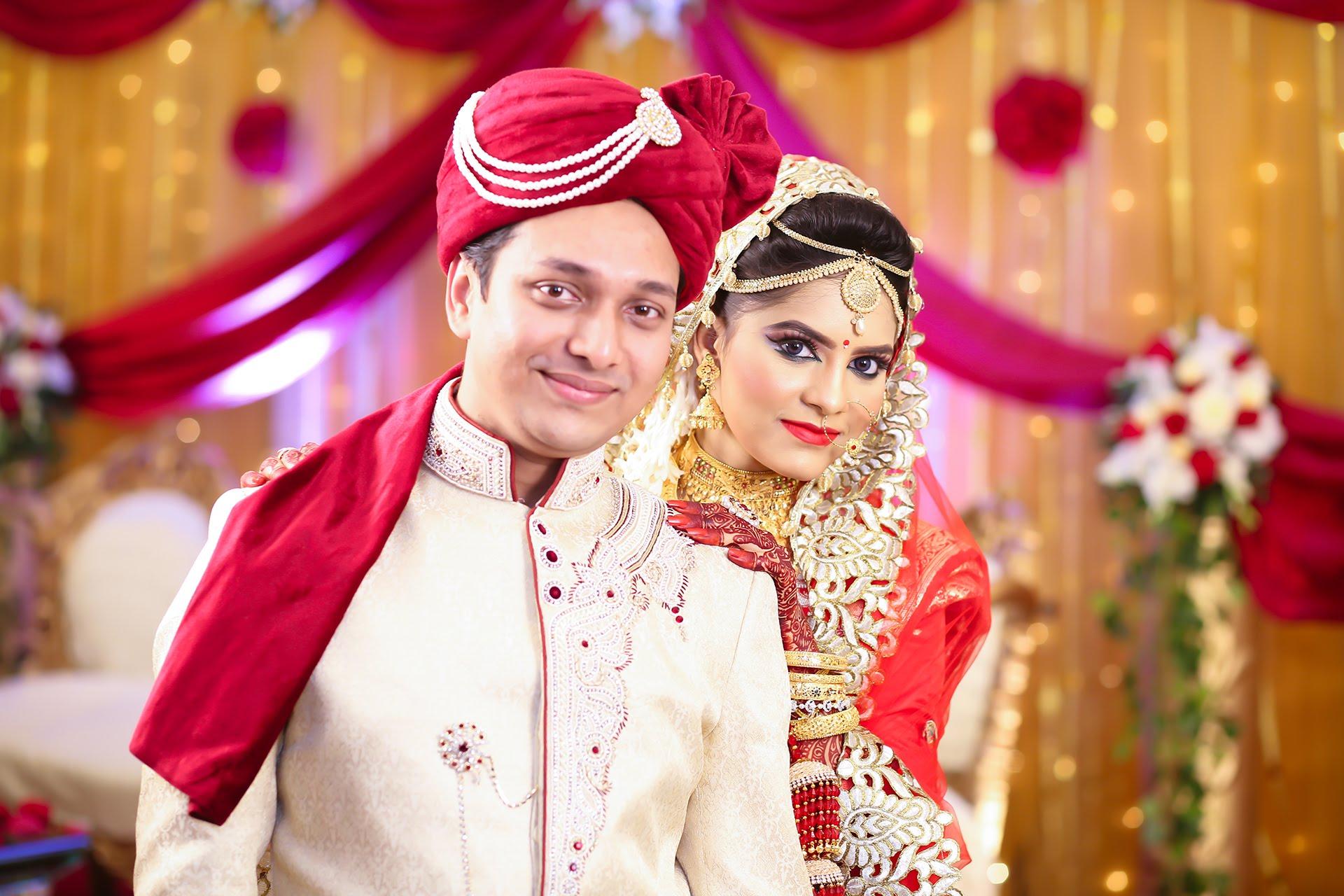Marriage is a major manifestation of Indian culture. Unlike in many Western countries, where one’s own pleasure is paramount, Indian parents regard marriage as the natural course for their children. In India, the idea of marriage goes beyond merely two people uniting. It’s about joining families, securing a future, and maintaining cultural traditions.
The Cultural Significance of Marriage in India
Marriage held a deep place in Indian tradition, with parents regarding the event as a sacred duty to take care that their child marries at the right time. There are several cultural considerations contained in that idea:
1. Tradition and Values: India has been living by arranged marriages for thousands of years. Parents feel it is their duty to find the right partner for their child.
2.Social Status: Others will frequently see a strong marriage as a sign of the family’s honors and standing in society.
3.Religious Beliefs: Hinduism, Islam, Sikhism and other religions in India stress the importance of marriage as a sacred bond.
4.Continuity of Family Lineage: Marriage for parents means increasing the family name, passing on traditions to offspring and therefore insuring their family’s continued existence.
5.Family Honor: Many Indian families reckon that a successful marriage adds distinction to the family name, while a failed one brings dishonor.

Why Do Indian Parents Prioritize Marriage Over Everything Else?
An Indian parent’s priority is often the marriage of their children as opposed to education, career and personal ambition. Here’s why they do it:
Fear of Society’s Judgment
In India, society has a strong say in people’s personal decisions. Unmarried people often have to face criticism and unsolicited advice from relatives and Neighbours, especially women. Parents want to avoid such things happening to their children in future, so they make sure that all the offspring marry at around the proper age years old.
Age Factor and Biological Clock
Parents worry about how old their children are, especially if they are daughters, with the feeling that when a girl reaches a certain age (usually 25-30) it’s difficult for her to find any candidate fitting of her. Similarly with regard to men, parents worry about getting their sons married off before though even heavier responsibilities fall on them in life.
Financial Security and Stability
Marriage is regarded as a way to find one’s feet financially. Parents feel that their children, particularly daughters, will be secure if they marry someone who looks after all their livelihood needs. For men too, it’s expected of marriage that this brings with itself discipline and financial acumen.
Fear of Love Marriages
Lyhoonsociety in India has always regarded love marriages with some suspicion because concerns are over compatibility, different backgrounds and cultural mismatches. Matches arranged by families are thought to be the safer option since these provide similar values, traditions and financial backgrounds.
Ensuring Emotional and Social Support
Marriage for Indians is often more than just the two people involved: parents hope to bring together a strong support structure. They believe that marriage offers company and security, as well help in coping with troubles grudge mate over children. An unmarried person is ever labeled “lonely” or “incomplete”
The Concept of “Settling Down”
For Indian parents, “settling down” means marriage. No matter how successful someone is in their career married, they are incomplete if they are not Parents see marriage as the final bridge to a harmonious and full life.
Fear of Being Alone in Old Age
Many parents look forward to their children’s marriages because they feel this gives them someone to look after in their old age. If the child doesn’t marry, on the other hand, there might not be a strong net of family connections around him when he needs help.

The Pressure on Young Indians
It is no easy thing to be young and Indian. Many are trying to deal with the pressure of parental expectations about marriage today, even if they put their education before everything else or live for their careers and dreams. This pressure leads to several challenges:
Stress and Anxiety: Persistent talk about marriage produces mental tension.
Career Sacrifice: Many-person, mostly female-are either required to give up work when they get married or have to leave their job due to marriage.
Fear of Being Judged: Unmarried people often feel isolated by social rules.
Forced Marriages: Some individuals are forced into marriages they do not want-leading only to lifelong dissatisfaction.
Changing Trends in Indian Marriages
In spite of the strong influence that parents still have on Indian marriages, the winds of change are blowing:
Rise of Love Marriages: More and more young Indians are choosing their future spouse based not upon practical considerations recommended by their teach, but out of love.
Late Marriages: Many people now choose to wait until their careers, their bank accounts and their minds are all easy before they wed.
Inter Caste and Inter-Religious Marriages: Indian youth are increasingly breaking down traditional barriers.
Divorce Acceptance: The earlier taboo of divorce is now becoming more accepted in Indian society.
Increased Independence: Many individuals today make their own decisions on marriage without their parents ‘ interference.
Preference for Live-in Relationships: A gradually increasing number of young Indians are choosing to live together unofficially before marriage.

Marriage is the No. 1 priority for Indian parents, thanks to cultural, social and emotional factors. What has changed are Indian young people’s future and sense of self. But they still live as though in two worlds, one forced upon them by society and their peers, while their own desires struggle to rise. They now have greater ability than ever before to make choices freely and more enjoyably; at the same time sort of traps waiting for them at every step in this complicated path called “real life”. The key is to find a way through these minefields on your own, and strike balance between tradition and personal happiness in the environment you’re living of expectations for marriage.
Do you have any thoughts on this topic? Feel free to share your opinions in the comments below!
Frequently Asked Questions (FAQs)
1. Why do Indian parents pressure their children to marry?
Marriage has always been considered an important aspect of life by Indian parents. They see it as necessary for stability and status in society; if a family does not marry then its reputation will suffer. Moreover, there is the judgment of society and child’s future to worry about.
2. Why do Indian parents force their children to marry?
Indian parents believe that marriage is essential for social stability and family reputation. They also worry about societal judgment and a child’s future security.
3. In India, at what age do parents expect their children to marry?
As a rule, Indian parents expect their children-especially women-to marry in their mid-20s or earlier. However, with the growth of modern influences the age these days is changing.
4. Why do Indian parents pressure their children to hurry up and get married?
These things can be transferred across generations. Open communication, show a clear boundary, express commitment to your career goals and accept that you receive parental support. Seeking external support from mentors or counselors is also helpful to make this pressure fade away a little bit.
5. How do Indian parents react to love marriages?
Reactions vary. Some accept love marriages if the partner comes from a similar background. Others still hold strong opposition due to cultural and societal reasons.
6. Will young Indians be married into arranged marriage by their parents?
Yes, arranged marriage is still common in India, but many modern arranged marriages now allow the individuals to have a say in their choice.
7. Are Indian parents becoming more open to late marriages?
Yes, but this depends on the family and their attitudes. Urban areas are far more accepting of late marriages, for example compared with rural regions where early marriage is still seen as desirable.
8. Are Indian parents starting to consider late marriage appropriate?
Yes and no. It differs from family for example, the mindset of city residents is generally more amenable to late marriages; at the same time rural regions are firmly convinced in their preference for early marriage.
9. Don t parents in India look down on people who get divorced.
Divorce is still stigmatized in many parts of India. Fortunately, a growing awareness allows everyone to understand that a failed marriage is far better than an unhappy one. Change starts with oneself: In order to change people’s perceptions, it must begin from oneself. So please share your thoughts on this issue.
